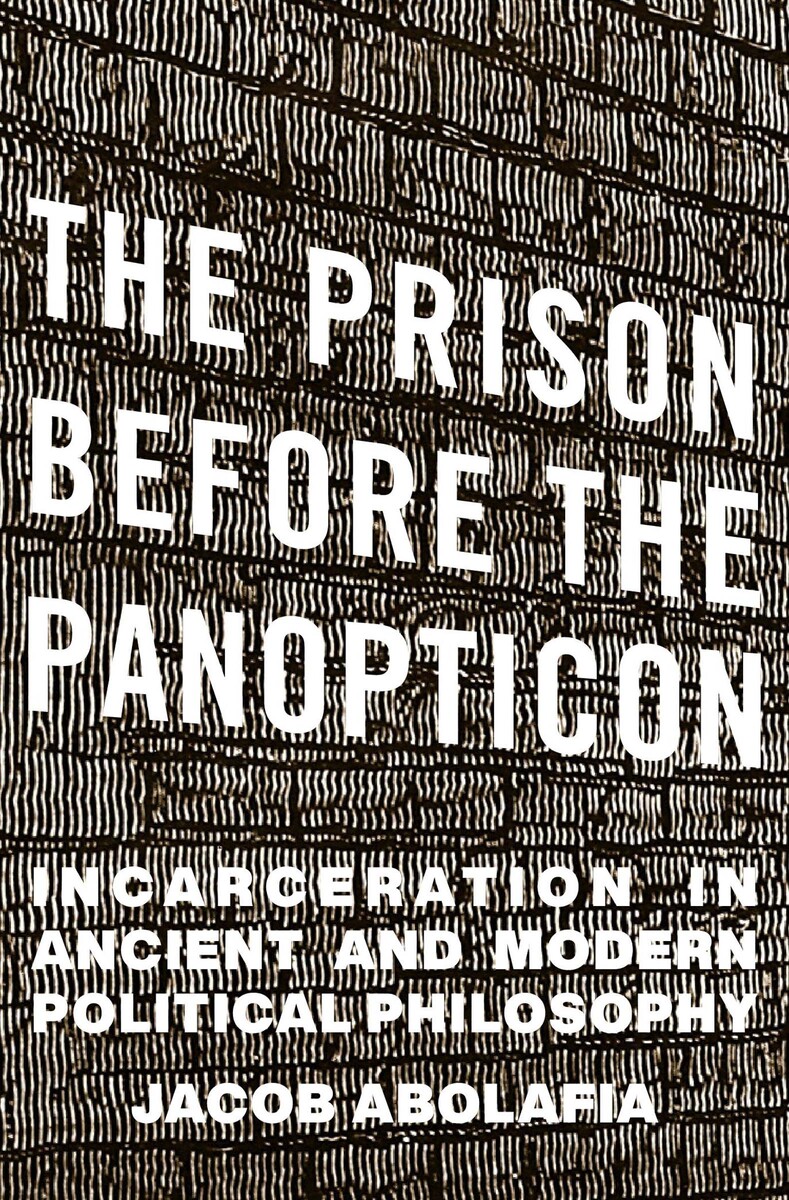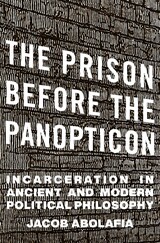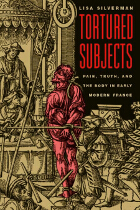eISBN: 978-0-674-29653-4 | Cloth: 978-0-674-29063-1
Library of Congress Classification HV8529.A35 2024
A pioneering history of incarceration in Western political thought.
The prison as we know it is a relatively new institution, established on a large scale in Europe and the United States only during the Enlightenment. Ideas and arguments about penal incarceration, however, long predate its widespread acceptance as a practice. The Prison before the Panopticon argues that debates over imprisonment are as old as Western political philosophy itself. This groundbreaking study examines the role of the prison in the history of political thought, detailing the philosophy of incarceration as it developed from Demosthenes, Plato, and Philo to Thomas More, Thomas Hobbes, and Jeremy Bentham.
Jacob Abolafia emphasizes two major themes that reappear in philosophical writing about the prison. The first is the paradox of popular authorization. This is the problem of how to justify imprisonment in light of political and theoretical commitments to freedom and equality. The second theme is the promise of rehabilitation. Plato and his followers insist that imprisonment should reform the prisoner and have tried to explain in detail how incarceration could have that effect.
While drawing on current historical scholarship to carefully situate each thinker in the culture and penal practices of his own time and place, Abolafia also reveals the surprisingly deep and persistent influence of classical antiquity on modern theories of crime and punishment. The Prison before the Panopticon is a valuable resource not only about the legitimacy of the prison in an age of mass incarceration but also about the philosophical justifications for penal alternatives like restorative justice.
See other books on: Imprisonment | Incarceration | Penology | Prisons | Punishment
See other titles from Harvard University Press






























